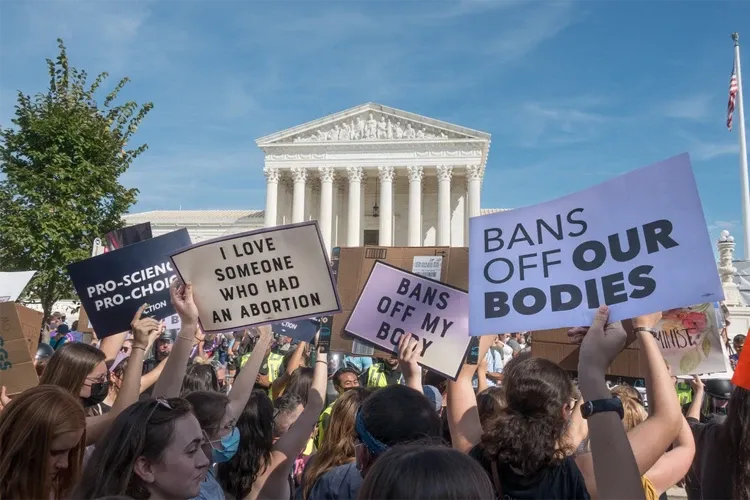American women are stockpiling abortion pills after the recent election through online providers and other entities, a trend which appears to follow the victory of Republicans in many key races.
Republicans took control of the White House, as well as the House and the Senate, but made more modest gains in state legislatures across the country. Several abortion pill providers have nevertheless witnessed increased stockpiling of the substances from women who believe that their ability to self-induce abortions will be limited by Republicans in the federal government.
Aid Access, one of the largest providers of abortion pills in the nation, said that they received some 10,000 orders in the twenty-four hours after the race was called in favor of President-Elect Donald Trump early on Wednesday, marking seventeen times more orders than their typical daily traffic. Plan C, a website which offers information about abortion pill access, had more than 82,000 visitors on Wednesday, an increase from the 4,500 daily visitors ahead of the election.
Wisp, an online retailer that sells contraceptives, likewise saw a 1000% rise in contraceptive sales, as well as a 600% rise in abortion pill sales and a 50% rise in birth control sales. Many viral social media posts after the election also encouraged women to stockpile abortion pills, emergency contraceptives, and birth control before Republicans formally take power next year.
Nearly two-thirds of abortions in the United States are now conducted with abortion pills that usually rely on a combination of mifepristone, which blocks a pregnancy hormone called progesterone, as well as misoprostol, which forces delivery of the murdered preborn baby. Many hormonal birth control pills and contraceptives meanwhile have abortifacient mechanisms which cause the ejection of a conceived embryo from the womb rather than solely blocking ovulation.
Despite the concern from pro-abortion women about lost access to the substances, this past election cycle was marked by many Republicans softening their position on abortion, while the Republican National Convention passed a platform which removed most anti-abortion distinctives. Several states led by Republicans do not prosecute women who order abortion pills, prompting a rise in self-induced abortions within the same states which claim to have banned abortion.
Trump and various down-ballot Republican candidates also voiced support for federally funding IVF or mandating that insurers cover the procedure, which usually involves discarding, freezing, or aborting fertilized embryos deemed unwanted or unviable by parents and doctors.
This cycle was also marked by campaigns surrounding ballot measures in ten states to enshrine abortion into their state constitutions. Voters rejected three of those measures even as seven passed, including in multiple states where Republicans overwhelmingly won their elections.



